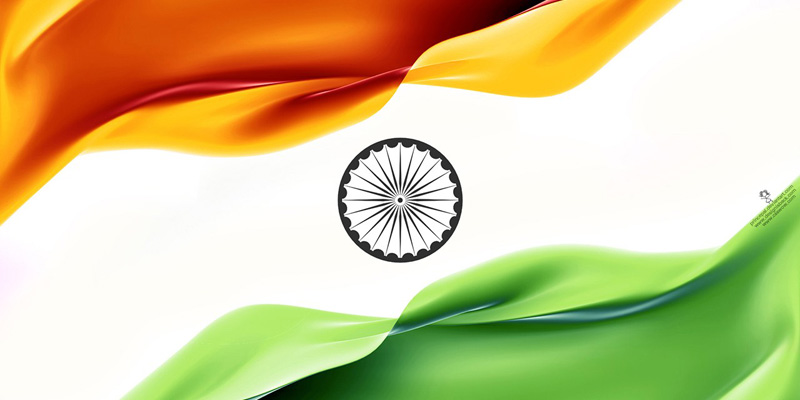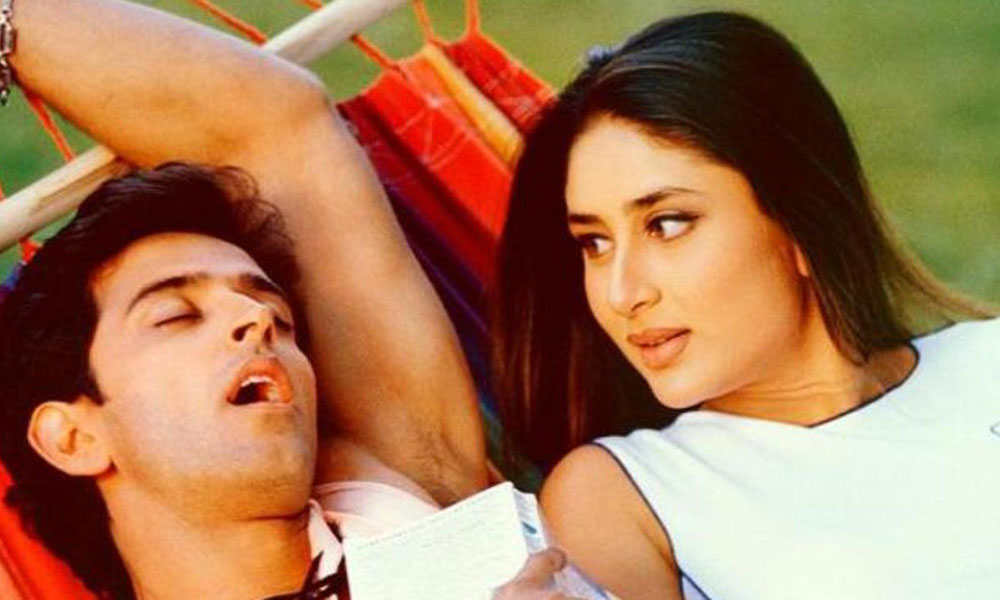I have invariably faced this inquisitiveness whenever I have travelled out of my native India. An affirmative “yes” follows, but what sadly ensues oft is a vagary of perception about the Indian lifestyle, clothes, people and also animals!
I have invariably faced this inquisitiveness whenever I have travelled out of my native India. An affirmative “yes” follows, but what sadly ensues oft is a vagary of perception about the Indian lifestyle, clothes, people and also animals! Are Hindi films to be blamed, I wonder.
“You’re allowed to wear pants, is it?” a 40-something American woman, my neighbour during a recent flight from Newark to Delhi asked me as she took a closer look at what I was wearing for the 16-hour long journey.
“Of course,” I said with a sense of obviousness. Just around five days before my flight, after savouring a fulfilling Thai meal, I stood against the changing colours of the hyped Empire State Building, to do what most excited tourists, and not just from India, would do – get photographed for a happy memory. But there, in the most unexpected way, came an unsavoury remark from a passenger on the move in a cab. “Hey, are you Indian?”
Why typecast? What’s wrong with capturing a memory? And what’s so Indian about doing it?
I spotted people from China, Japan, Italy, Africa and more like me from India doing the same. Then what’s the mindset that forced the stranger to shout so insensitively in the middle of the street? I laughed it off at first, but the remark has stayed with me longer enough than the flavour of the meal. On another trip to Abu Dhabi and amidst a host of “intellectual” journalists from reputed media organisations from London, Los Angeles, Dubai and other nooks and corners of the world, I found myself seated with a woman from London during an Arabian Nights-themed party.
“Hi, I am from London, and you?”
“India,” I responded with pride.
“Oh! I’ve heard parents arrange their children’s wedding there. Is that really true? And that you don’t cross the road if a cat passes by,” she asked. “Well, no, not necessarily,” I responded with a nonchalance that most girls my age and in my social circle would replicate. Now that I am going down the memory lane, I recollect being asked at Toronto’s Pearson International Airport: “You’re Indian? You don’t look like one!”
Now how does one look Indian, I wonder! I guess whether you look Indian or you don’t, the fact that you’re from India itself leaves a lot of foreigners just as curious as I am about their concept of an “Indian”. As a journalist, who primarily writes on cinema, I see Indian films are credited many a time for fuelling perceptions – good or bad – about the country at large.
Be it about its tourism, rural life, urban lifestyle, culture and tradition or about the crime, economic state, political scenario and the like – films are like a window to society – sometimes in all its glory, and sometimes its gore. But I have my doubts if Indian or Hindi films, to be precise, help them build the conservative image that they harbour about the country and its citizens. Each country, I believe, is made up of people with different mindsets, a varied idealism, the rights and wrongs…so on and so forth. Why attach a stereotype with each?
Of late, most Bollywood buffs would agree, Hindi films more or less stick to a realistic portrayal of India’s metro or rural life. If the forthcoming “Shaadi Ke Side Effects” promises to give out a peek-a-boo into the comical events of an urban couple’s life, there’s also “Gulaab Gang”, a real-life inspired take on a village woman who leads a group of sari-clad activists and takes on the perpetrators of crimes against women.
There was also “Shuddh Desi Romance”, which shows the changing mindset of the younger generation in small towns. They are more at ease with a ‘taboo’ like a live-in relationship.
What’s impressive is that melodrama is out of the screen – there are hardly any stories on home-bound and domesticated women and chauvinistic men. Concepts of “Sati Savitri” and “Pati parmeshwar” have almost disappeared from Hindi cinema. The women stand as tall, sometimes taller, than men on and off-screen. And as much as it leaves foreigners surprised, a lot of Indian women also now wear the “pants”, everywhere, literally!





